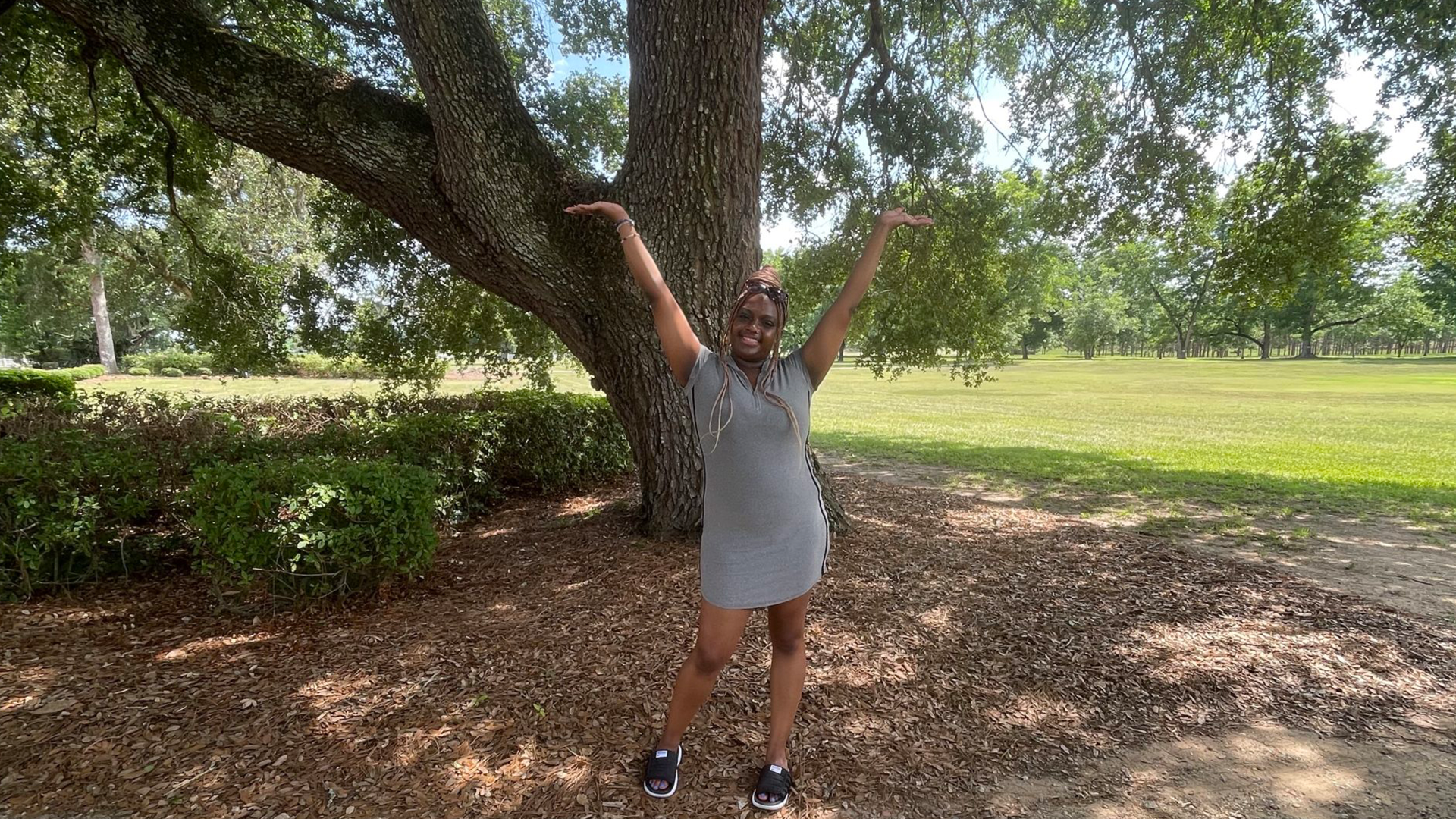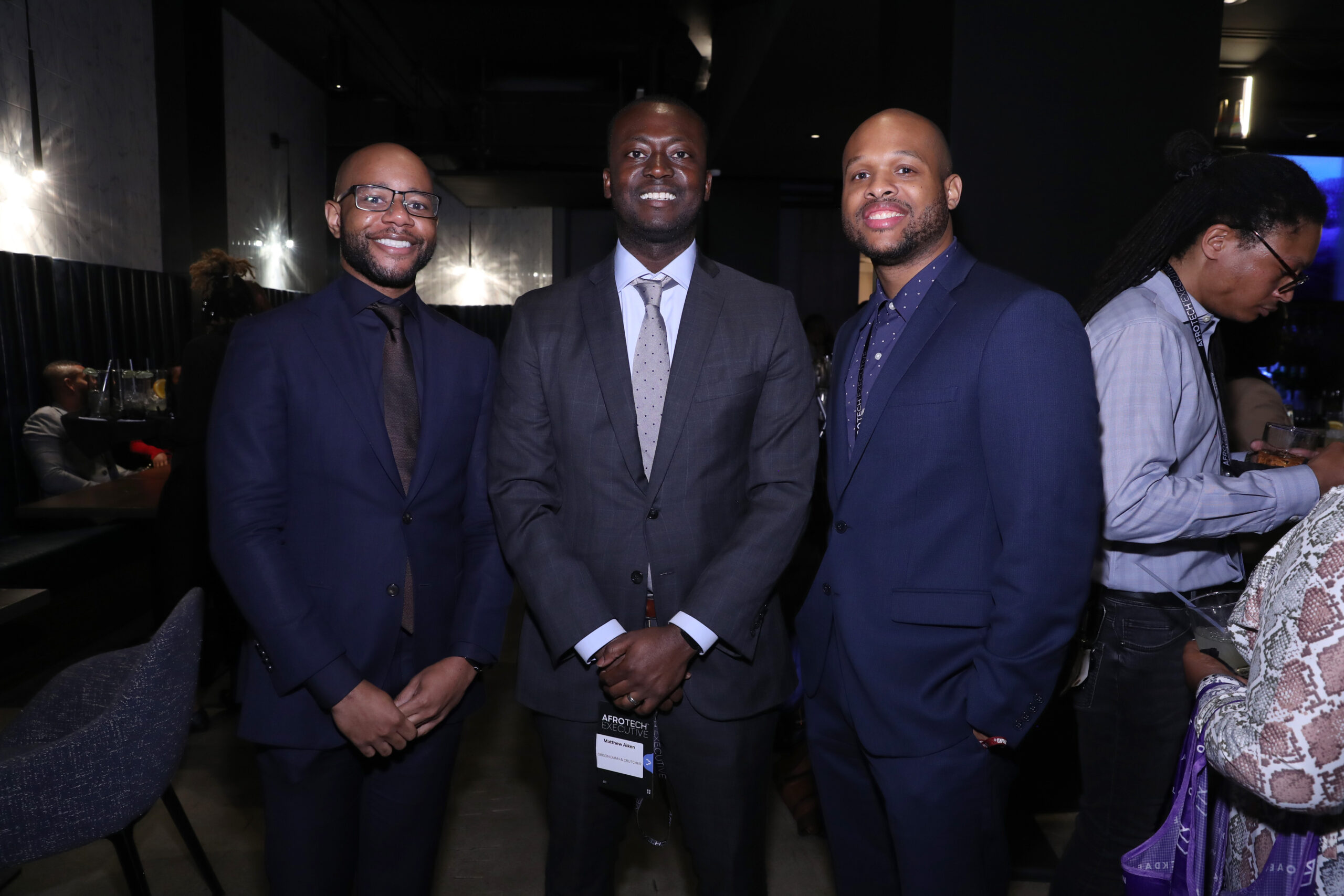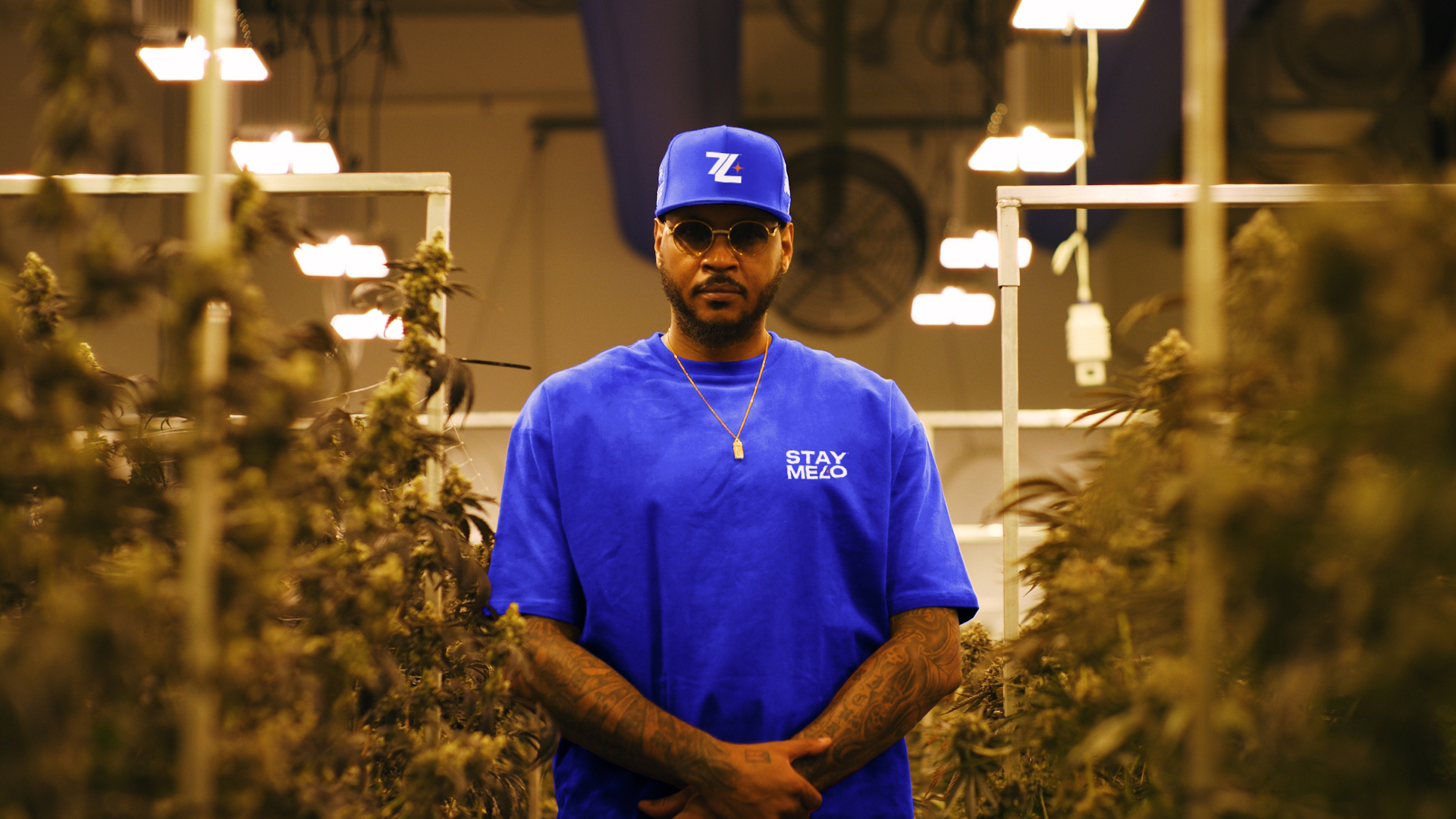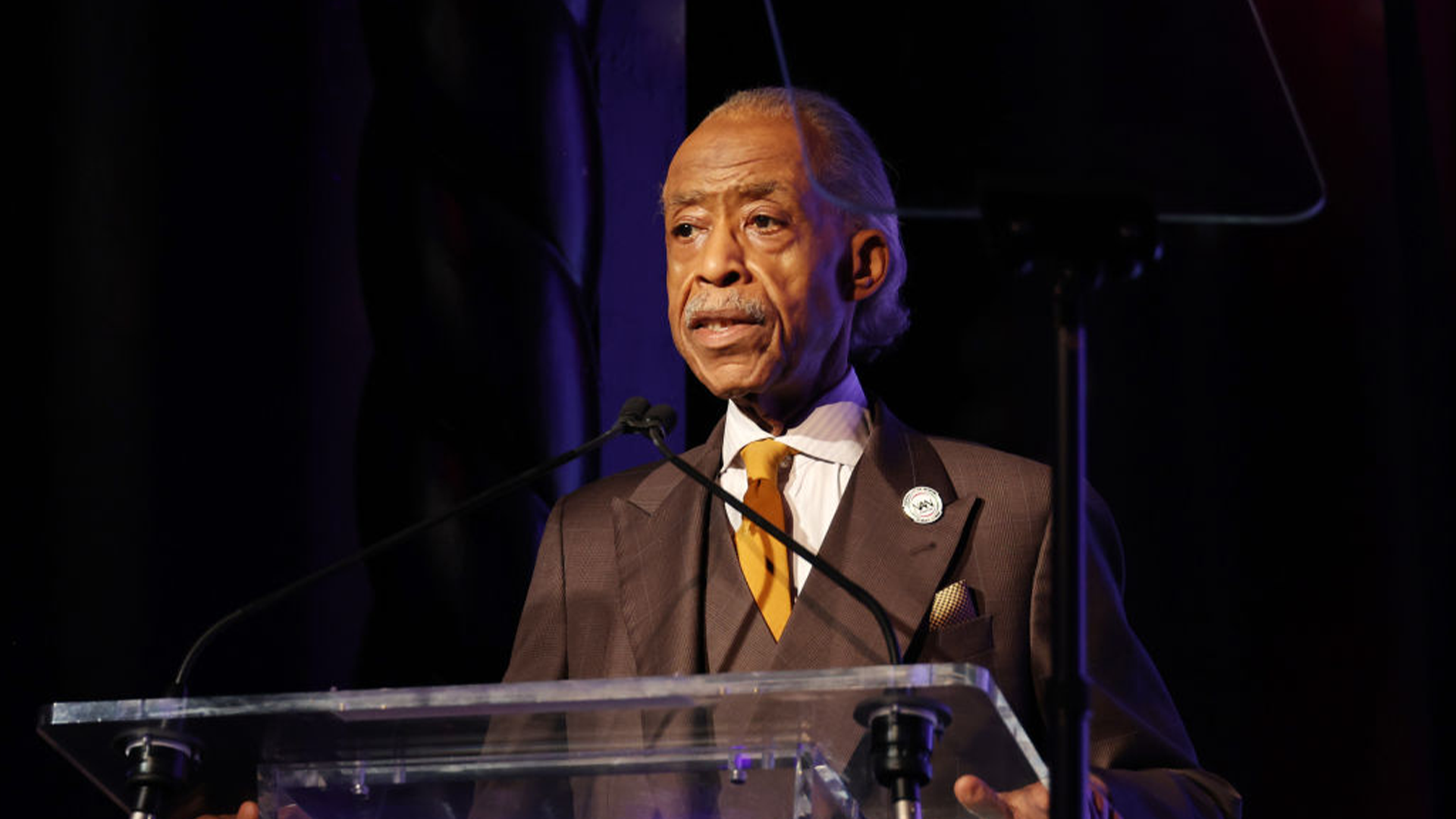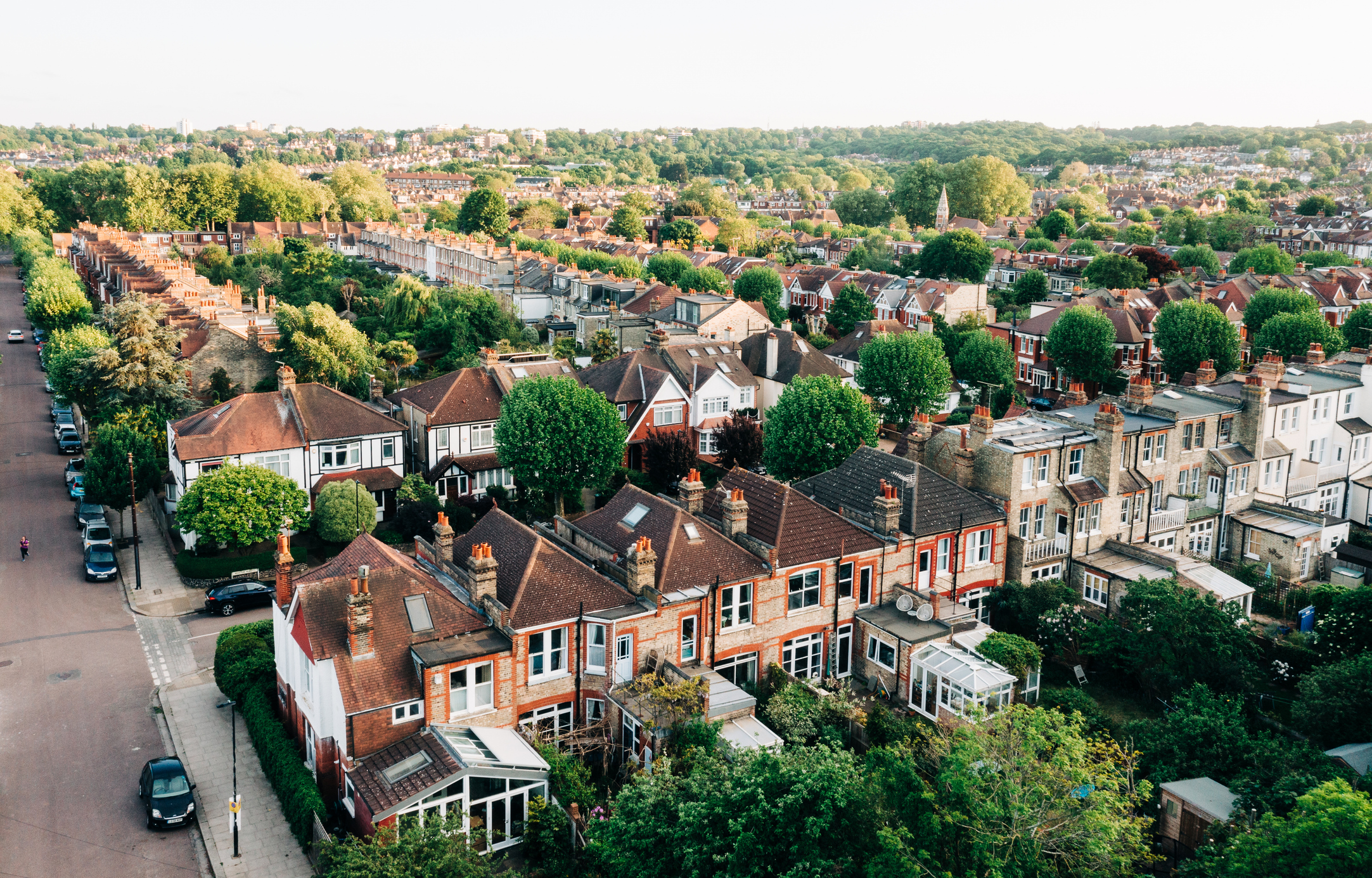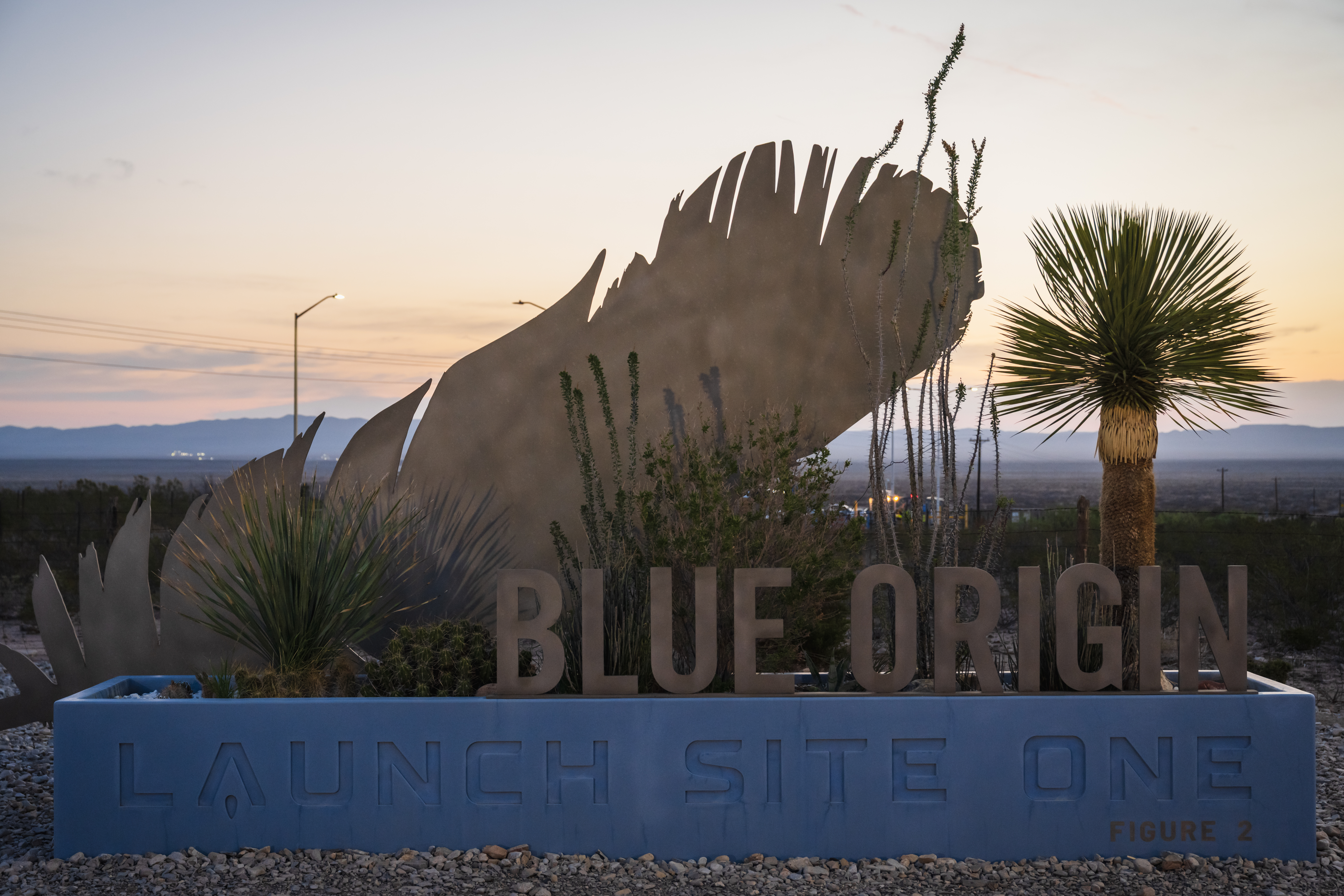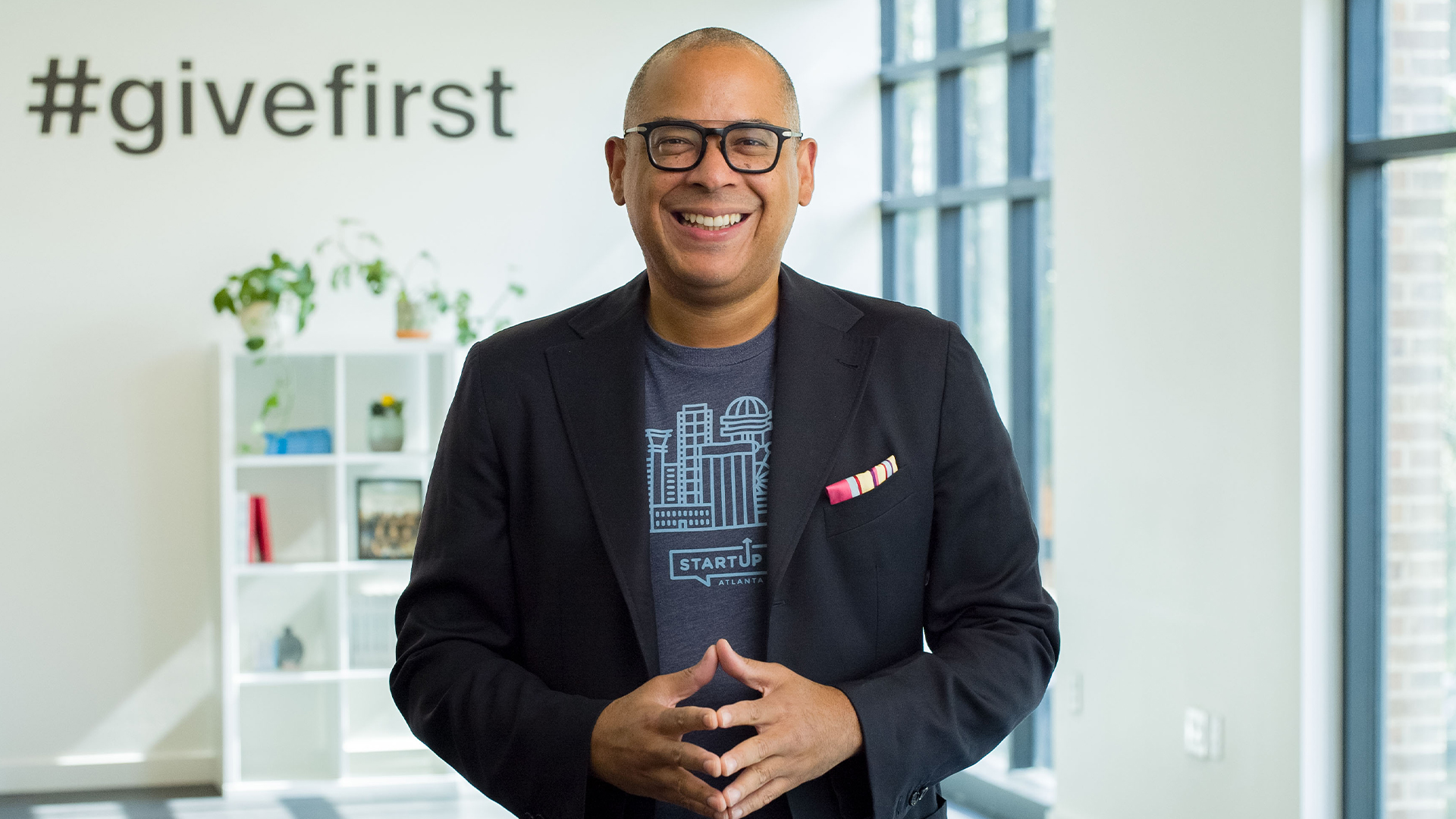As the descendant of Black farmers by way of southern Virginia, this Airbnb experience was a reminder that there’s truly no place like home.
Thanks to the company’s new Southwest Georgia Agri-Tourism initiative, Black people have the opportunity to connect to their roots in a way like never before.
The first stop on the tour for me was the “Taste of The South” Experience at the Vicks Estate, Farm, and Fishery. Upon arriving, the home had a familiarity about it that I couldn’t quite put my finger on — that was until Clinton Vicks met me with a warm greeting as if he was a distant cousin prior to taking me to a backyard oasis that was way too beautiful to put into words.
This is not your average tasting experience.
Together, Clinton and I picked fresh food from the garden to prepare our meal as we learned our connection to the land lies within our family’s farming experiences.
“I grew up doing this with my grandma,” said Clinton when asked when he discovered he had a passion for farming. “Doing it as a child makes you shy away from it sometimes as an adult. I was hellbent on getting to the city.”
Although he did have his bout in the city, Clinton realized that home is where the heart is and made the decision to return to Albany, GA, to purchase a house that played a significant role in his childhood. He is now in the process of fully renovating his space to transform it into a Bed and Breakfast oasis for travelers looking for the perfect getaway from the busyness of the city.
Following a delicious grilled meal and conversation with Clinton, I ventured to the second part of my stop on the Agri-Tourism trail.
View this post on Instagram
In true southern fashion, I was greeted once again by people who felt familiar. In an odd sense, it felt as though I was returning home after an extended period away.
Originally, The Resora was a 1,638-acre plantation that was owned by one of the largest slaveholder estates in the state of Georgia. Today, it is owned and operated by the Sherrod family and includes a 200-acre Pecan Orchard and Muscadine grape vineyard, and so much more.
The land was acquired by the Sherrod family thanks to the 1999 Pigford v. Glickman lawsuit led by Black farmers who called out the United States Department of Agriculture (USDA) for discriminatory practices. That’s when it dawned on me that this is why The Resora felt like home. My great grandfather, John Moses Bonner, was one of the Black farmers who campaigned and fought for that settlement to go through. It almost brought tears to my eyes seeing a Black family able to reap the benefits of a cause that he placed his blood, sweat, and tears into prior to his passing in 2010.
For Shirley Sherrod, owning the land alongside her husband was no easy feat, which is why she believes this Airbnb initiative is vital for young people to learn where they truly come from. She refers to it as “a place where we could both farm the land and also nurture the minds of people.”
“There are two key reasons why highlighting the legacy of the Black farmer through this Trail is important,” she told AfroTech. “The first is that this agritourism provides another revenue stream for Black farmers already challenged with trying to sustain themselves and their operation. The second is that this Trail allows us as a people to highlight our longstanding relationship to agriculture, which is at the center of so much of our story over the last 400 years.”
In addition to the experiences, Airbnb has extended its commitment to supporting Black farmers through a donation to New Communities as a part of the larger mission to lift those practicing the trade across Southwest Georgia.
